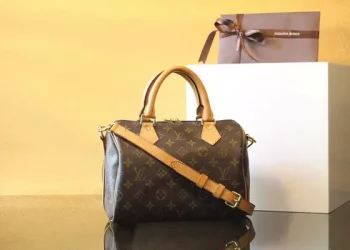A notable shift in women’s motivation for engaging in cosmetic surgeries and procedures has emerged, transforming from a necessity-driven approach to one fueled by indulgence, primarily influenced by beauty standards propagated on social media platforms. Leading doctors and specialists in dermatology and cosmetic surgery have made this observation, highlighting the profound impact of social media, filters, and photo editing applications on shaping perceptions of beauty and driving an unprecedented demand for cosmetic enhancements.
Consumerism in Cosmetic Clinics
Renowned consultant in cosmetic and reconstructive surgery and president of the Emirates Society for Plastic and Reconstructive Surgery, Dr. Zuhair Al-Fardan, emphasized the global trend of a significant annual surge in spending on cosmetic services, surpassing a 20% increase. This surge has positioned cosmetic procedures as the most sought-after medical service, transcending boundaries of necessity and becoming a global phenomenon.
The Social Media Effect
The pervasive desire among women to emulate the features of celebrities or deviate from the monotony of daily routines has become a substantial catalyst for unnecessary cosmetic procedures. The impact of social media in setting beauty standards and influencing decisions regarding cosmetic enhancements cannot be overstated, marking a profound shift in the dynamics of the industry.
The Dark Side of Cosmetic Obsession
Dr. Ahmed Luma’i, a consultant in bariatric and cosmetic surgery, issues a warning against the rising obsession with cosmetic procedures. This fixation often results in dissatisfaction and depression, particularly when the outcomes fall short of unrealistic expectations. Dr. Ibrahim Ahmed, a cosmetic surgeon, expressed concerns about the consequences of insisting on cosmetic procedures for naturally beautiful women. Many, driven by the latest beauty trends, have ended up resembling one another, sporting similar features such as enlarged lips, petite noses, and cat-like eyes.
As women increasingly seek cosmetic alterations influenced by social media ideals, the industry faces both a surge in demand and a growing need for ethical considerations to address the potential psychological impact on individuals. The evolving landscape prompts a closer examination of the intersection between beauty standards, social media, and the motivations behind cosmetic procedures.





























